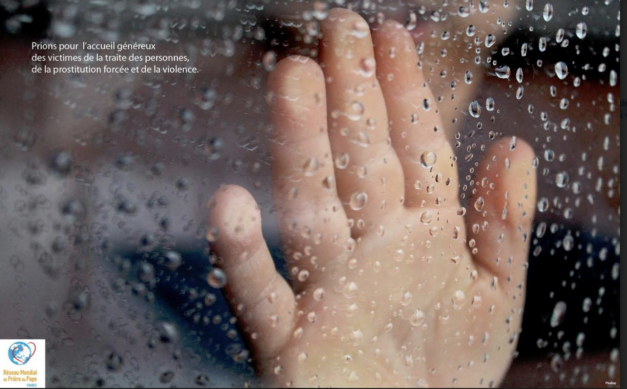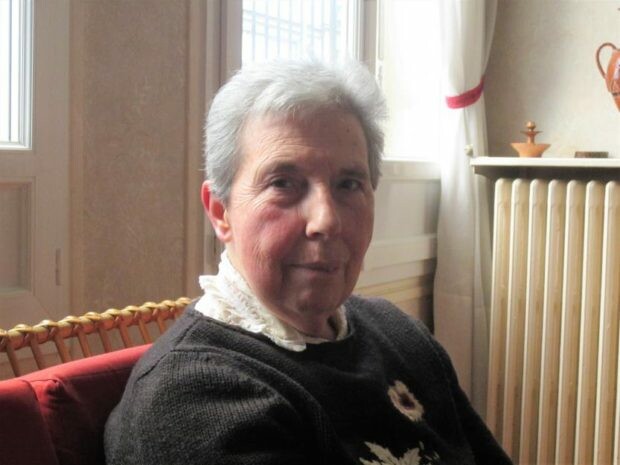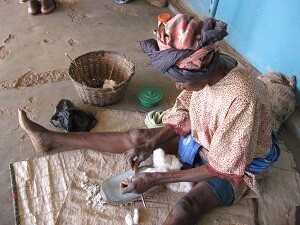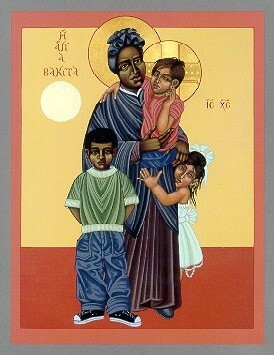Pope Francis: Free women from the slavery of prostitution
Pope Francis contributes the preface to a new book on human trafficking, entitled « Women crucified”, by Fr Aldo Buonaiuto, a priest of the Pope John XXIII Community. The shame of human trafficking as told from the street ». In the preface, Pope Francis recalls one of his Mercy Friday visits to a house run by the Pope John XXIII Community for victims of human trafficking. “I did not think I would find such humiliated, afflicted and suffering women there”, writes the Pope. “Truly, women crucified”. Pope Francis describes listening to “the moving and very human stories of these unfortunate women, some of them with their child in their arms”. Afterwards, he says he felt the need to “ask forgiveness for the real tortures they had to endure because of their clients, many of whom call themselves Christian”. Rescue and rehabilitation “A person can never be offered for sale”, writes the Pope.…
Women with women – victims of human trafficking
After many years spent in Africa (Democratic Republic of Congo, Uganda, Mozambique) Sr. Begoña Iñarra Spanish was
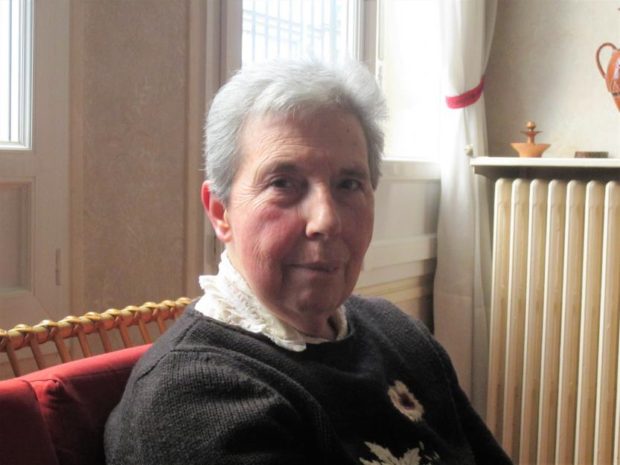 sent for mission to Paris where she is working with Aux Captifs, la Libération, an organization helping women get out of prostitution. Sister is also a member of RENATE, Religious in Europe Networking Against Trafficking and Exploitation.
sent for mission to Paris where she is working with Aux Captifs, la Libération, an organization helping women get out of prostitution. Sister is also a member of RENATE, Religious in Europe Networking Against Trafficking and Exploitation.
Delwende Center in Ouagadougou
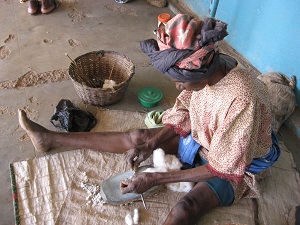 What is Delwende Center?
What is Delwende Center?
Saint Bakhita, Patroness of kidnapped persons and victims of trafficking
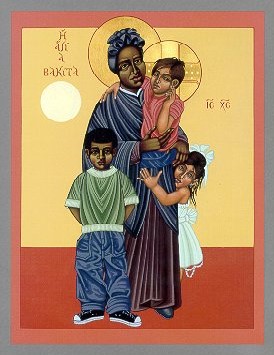 Josephine was born in 1869 in South Sudan.
Josephine was born in 1869 in South Sudan.
Slavery, Young women going to Europe
In “hot neighborhoods” of major European cities where prostitution is practiced,


